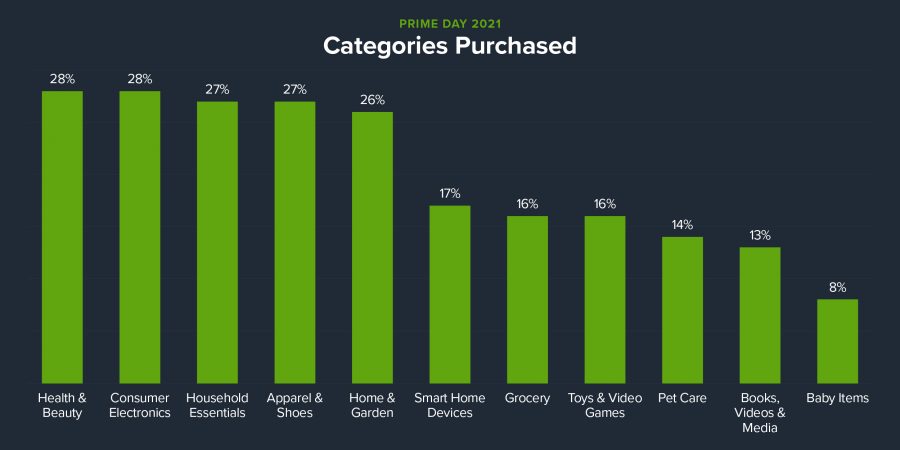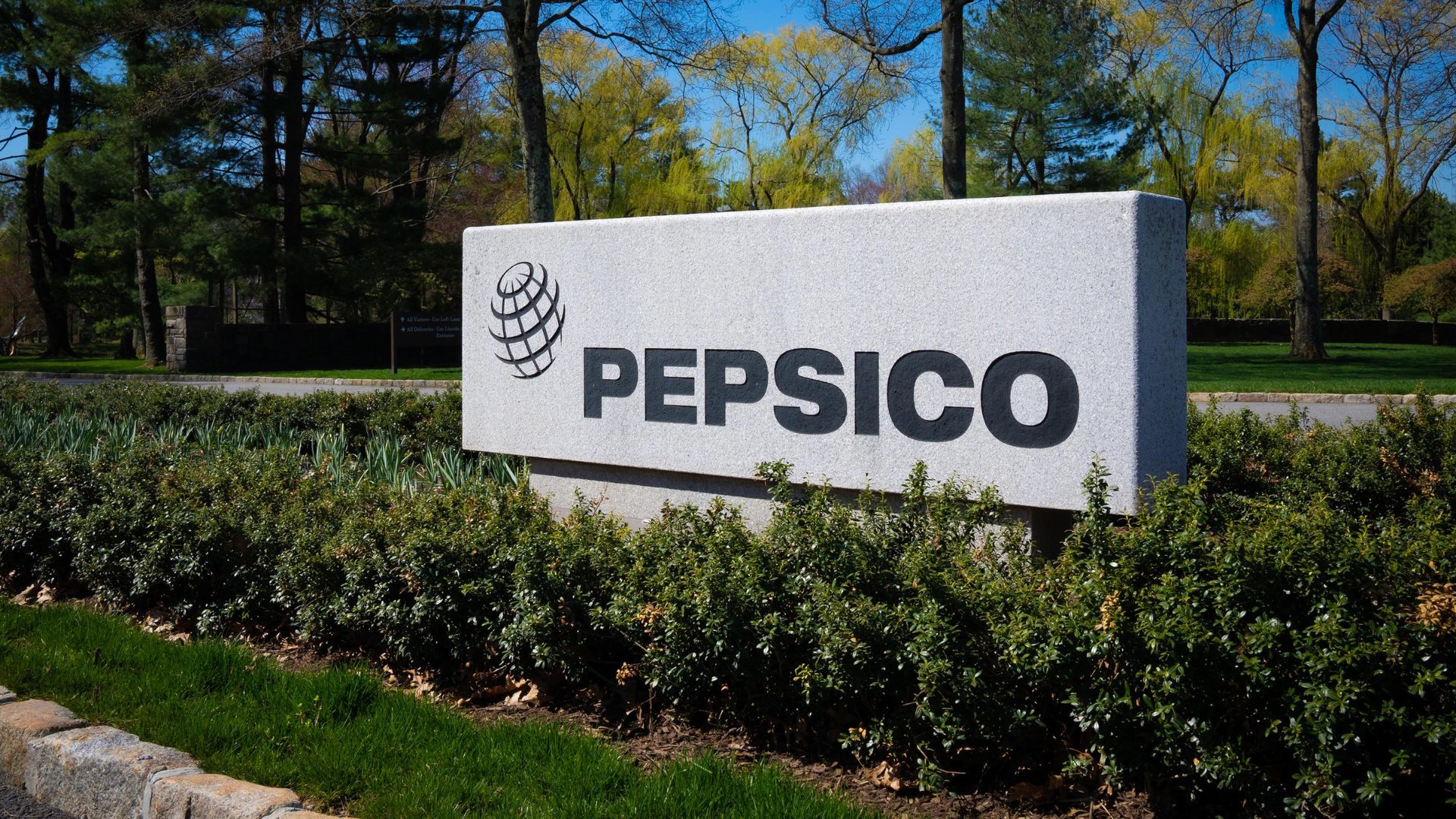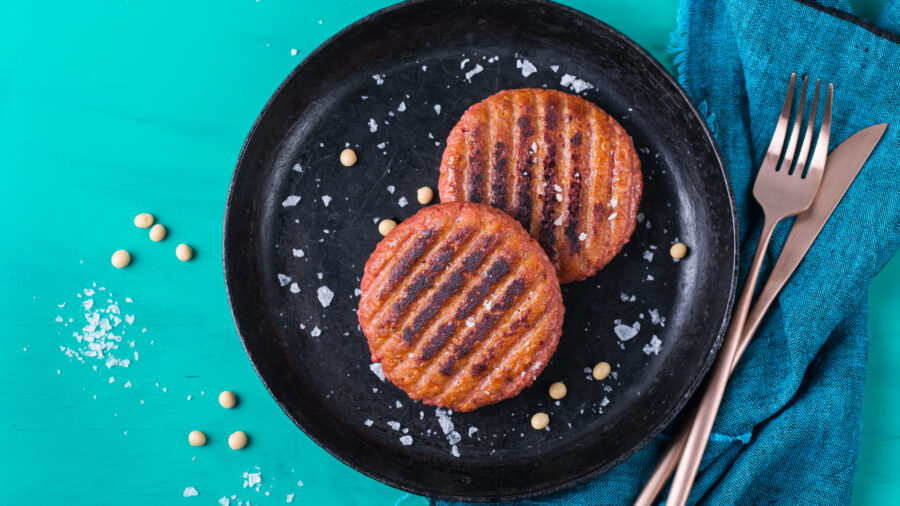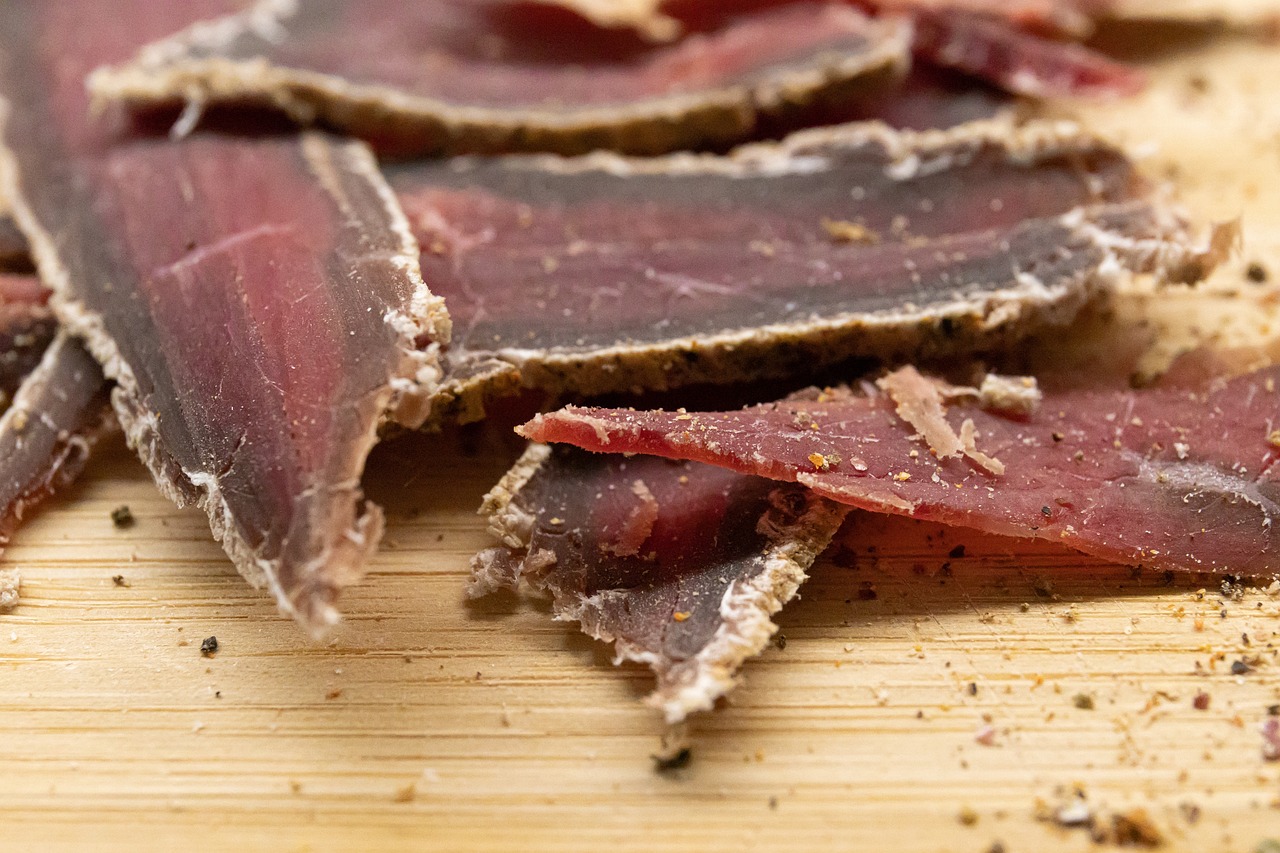In 2020, the U.S. CBD market is projected to reach $4.7 billion in sales, with 14% growth from 2019 sales of $4.1 billion, according to Brightfield Group‘s July 2020 U.S. CBD Report.
Brightfield Group estimates the total U.S. CBD market could reach $16.8 billion by 2025. The driving factors include extensive media coverage and natural health/wellness trends, expanded distribution channels, product variety and evolution, and strategic marketing.
Although many food and beverage companies are rationalizing their portfolios, CBD companies are doing the opposite and rolling out innovative products at a high pace to draw in new customers. New functional ingredients can help bring new customers to CBD, especially as natural ingredients complement the many uses of CBD.
Immunity support is a key area of focus in 2020 for CBD companies as consumers seek out ingredients to incorporate into their wellness routine during the pandemic, such as elderberry, echinacea, and vitamin C. Particularly, CBD beverages have been a focus for consumer packaged goods companies.
For example, Serenity Mountain Foods recently launched its Hot Cocoa Mixes with CBD. Each box contains five individual serving pouches with 40 mg. CBD per serving.
“We wanted to create a relaxing, flavorful, hot CBD drink mix that was easy for consumers to make and also fun and enjoyable for all occasions,” said Robert Yoder, CEO and co-founder. “It was also very important to us to use simple, high-quality, natural ingredients in our mixes as we observed lots of drinks and other related offerings in the CBD marketplace contained very unnatural, artificial, and unappealing ingredients.”
Tempo, a “better-for-you” functional beverage brand, also added two new CBD-infused sparkling teas in Green Tea and Hibiscus, reported BevNet (July 15). Both flavors are infused with 25 mg of hemp-derived CBD.
All of Tempo’s beverages are analyzed by a third-party lab to confirm CBD content before they hit the shelves. Each can contains a QR code that links directly to an updated list of these lab results, providing transparency that allows customers to feel confident in the high-quality, authenticity, and reliability of Tempo’s products.
Meanwhile, state regulation of CBD food and beverages is still in flux and it remains unclear whether FDA will ultimately allow the use of CBD as a food ingredient, reported Natural Products Insider (July 31).
Several states including California, Georgia, and Maryland have remained steadfast in adopting FDA’s current position that CBD cannot be added to food or beverages, but in the past year, several states moved forward with their own regulatory frameworks for CBD-containing food and beverages.
A notable trend among states is the movement toward comprehensive testing and labeling requirements, along with mandatory registration of products and the distributors and retailers that sell these products.
Colorado appears to have been the first to regulate CBD and other hemp derivatives as food ingredients. The state’s policy “establishes the allowance for and conditions that must be adhered to for IH [industrial hemp] to be utilized in food.” This includes basic labeling requirements for hemp food products, sourcing requirements, and registration for in-state hemp product manufacturers, extractors, processors, and storage facilities.
Several states such as Indiana and Utah require hemp products to be tested for contaminants, including pesticides, solvents, heavy metals, and microbial contaminants, as well as for THC and CBD concentration.
Interestingly, testing from FDA found that almost half of randomly selected CBD products also tested positive for THC, reported Food & Wine (July 10).
Late last year, FDA was asked “to conduct a sampling study of the current CBD marketplace to determine the extent to which products are mislabeled or adulterated.” For the 20 edible and beverage products tested that had an amount of CBD marketed on their labels, five had less than 80% of the amount of CBD indicated and six had more than 120% of the CBD marketed on its label.
Betsy Booren, SVP, regulatory and technical affairs, for the Consumer Brands Association, said the results prove it’s time for action to be taken. “The FDA’s recent report on the labeling accuracy of cannabidiol products further affirms the need for federal regulatory clarity,” she said. “Allowing bad actors to continue to put products on the market, unchecked, is a threat to consumer safety everywhere.”
The Food Institute recently conducted a webinar for its members on what food businesses need to know when entering the CBD industry. To view in its entirety, click here.








